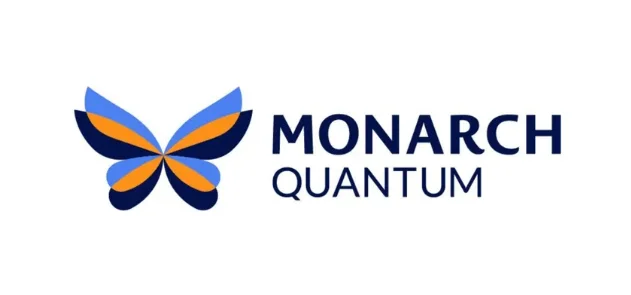Insider Brief
- BQP announced a major milestone in simulating Computational Fluid Dynamics (CFD) using a hybrid quantum-classical solver, achieving jet engine simulations with just 30 logical qubits.
- The BQPhy® platform demonstrated that quantum computing can surpass classical methods, which required 19.2 million compute cores, offering greater efficiency and accuracy for engineers.
- BQP’s breakthrough could democratize large-scale CFD simulations, with applications in aerospace and other fields.
PRESS RELEASE — BQP, a startup leading the development of quantum-based engineering simulations, today announced a significant research milestone for simulating Computational Fluid Dynamics (CFD). The milestone was achieved using a hybrid quantum-classical solver, which is part of BQP’s next-gen simulation platform, BQPhy®.
After conducting approximately 100,000 experiments, BQP researchers published their work in a paper where they estimated that large-scale CFD simulation of a jet engine can be achieved with only 30 logical qubits on a quantum computer, leading to better accuracy, efficiency, and costs than current methods. A prior study, which inspired the BQP team to undertake this research, found that it required 19.2 million compute cores to perform this same simulation with classical algorithms on state-of-the-art High-Performance Computers (HPCs).
“This study is pivotal as it would democratize large-scale CFD simulation for every engineer once quantum computers become utility-scale,” said Abhishek Chopra, founder, CEO, and Chief Scientific Officer at BQP. “In the future, what would engineers have easier access to – 19.2 million HPC cores or 30-logical-qubit quantum computers? I bet on the latter.”

“With continued research, we believe that quantum computing has the potential to revolutionize the way simulations are conducted, allowing engineers to push the boundaries of design and engineering,” Chopra added.
“BQP’s results signal the introduction of drastically higher computing power to flow field analysis and simulation. This capability can unlock new methods in aerospace development, enabling higher confidence during design and more proactive maintenance during the aircraft life cycle,” said Dan Hart, Senior Aerospace Executive and Member of the National Academy of Engineering.
For the research, BQP scientists estimated sociability, accuracy, and consistency for jet engine simulations using BQP’s Hybrid Quantum Classical Finite Method (HQCFM) solver. The study demonstrated the scalability of the HQCFM solver by simulating a non-linear, time-dependent Partial Differential Equation (PDE) from 4 qubits to 11 qubits.
Researchers found that accuracy and consistency were comparable to classical computers, while the HQCFM distinguished itself by running inside a time loop in a transient problem, without propagating any error to the next time step. Obtaining such high accuracy consistently is a significant breakthrough toward more complex simulations beyond the capacity of classical devices.
BQP believes that BQPhy’s solver will allow CFD engineers to simulate a full aircraft for the first time, greatly improving flight patterns during turbulence. Given current trends in supercomputing computational advances, simulating an entire aircraft via classical computing would not be possible until 2080.
BQPhy’s physics-based solver can also be used to solve other PDEs to capture interactions in gas dynamics, traffic flow, or flood waves in rivers. Combined with quantum algorithms, the technology can solve complex equations with reduced hardware demands compared to traditional high-performance computing (HPC) methods, while enabling sophisticated and intricate simulations to be performed effectively.
“Building on our successful collaborations with leading academic institutions, government research agencies such as AFRL, DARPA, industry pioneers, and top academic institutes, BQP is eager to partner with organizations that share our vision for advancing quantum computing solutions,” said Chopra.















